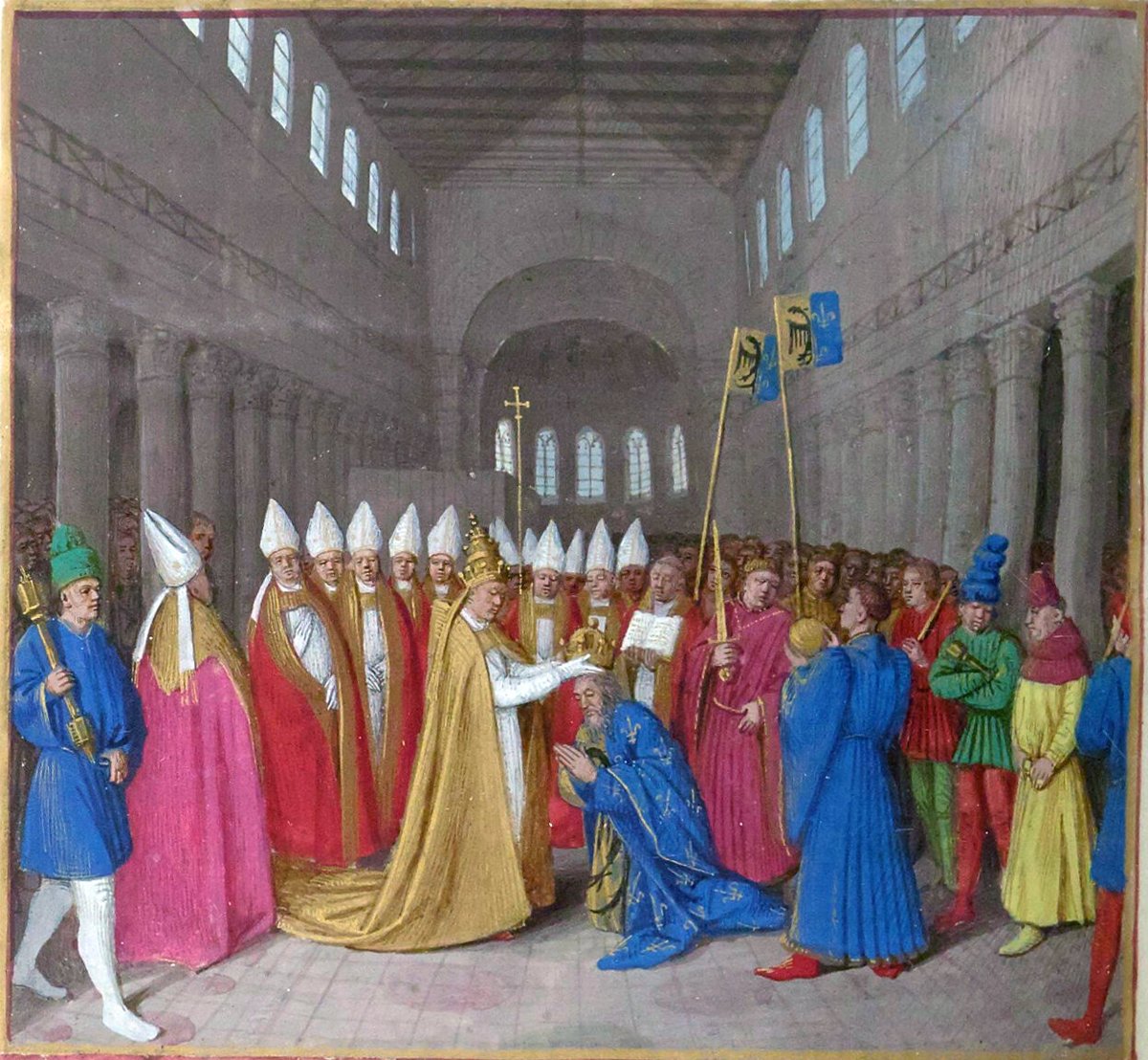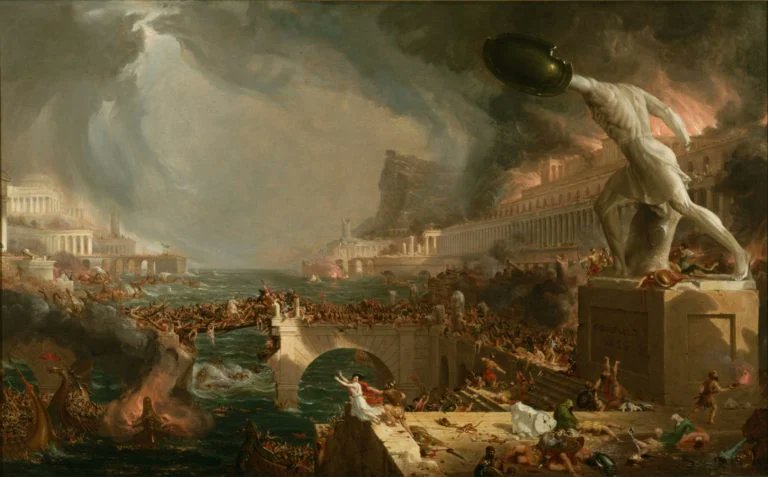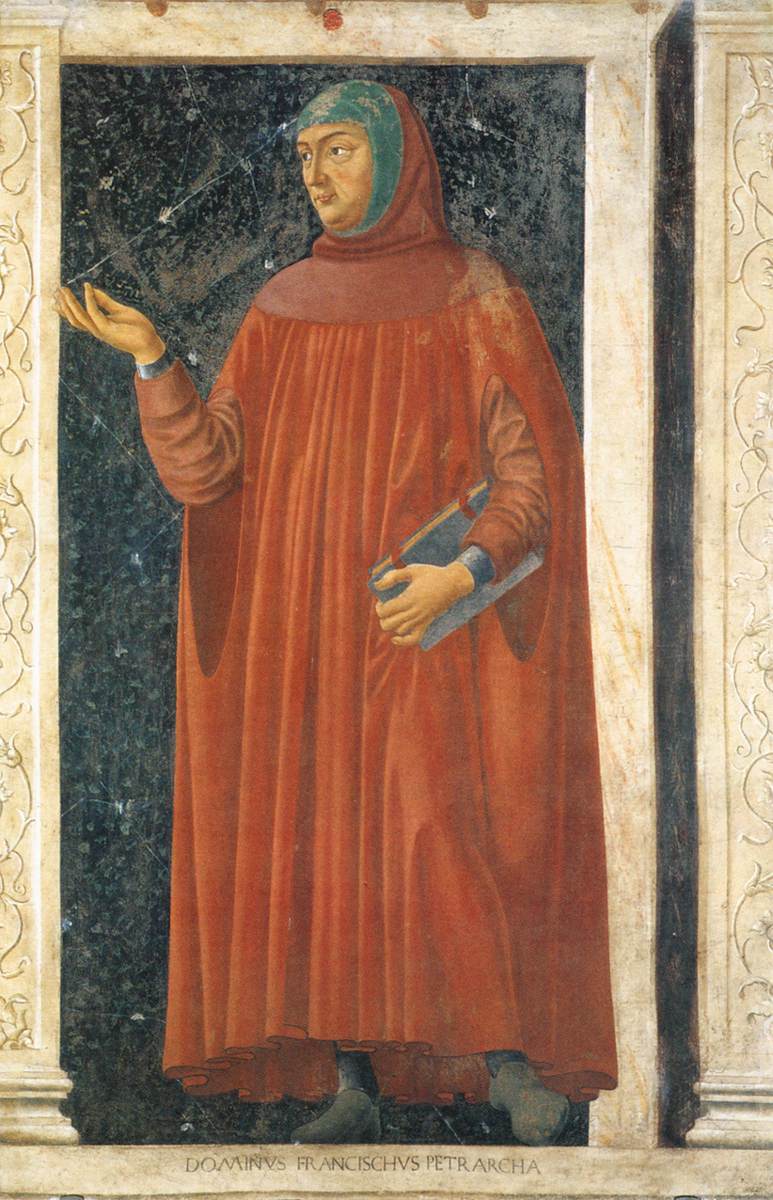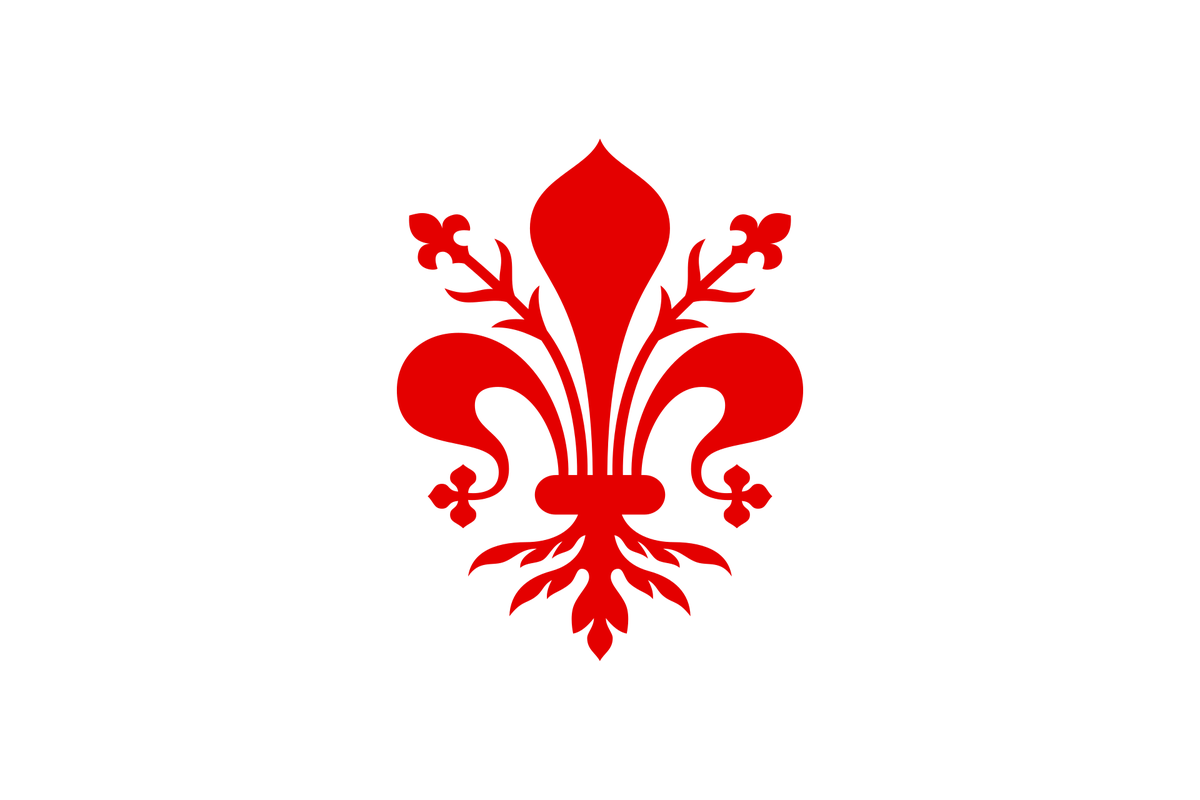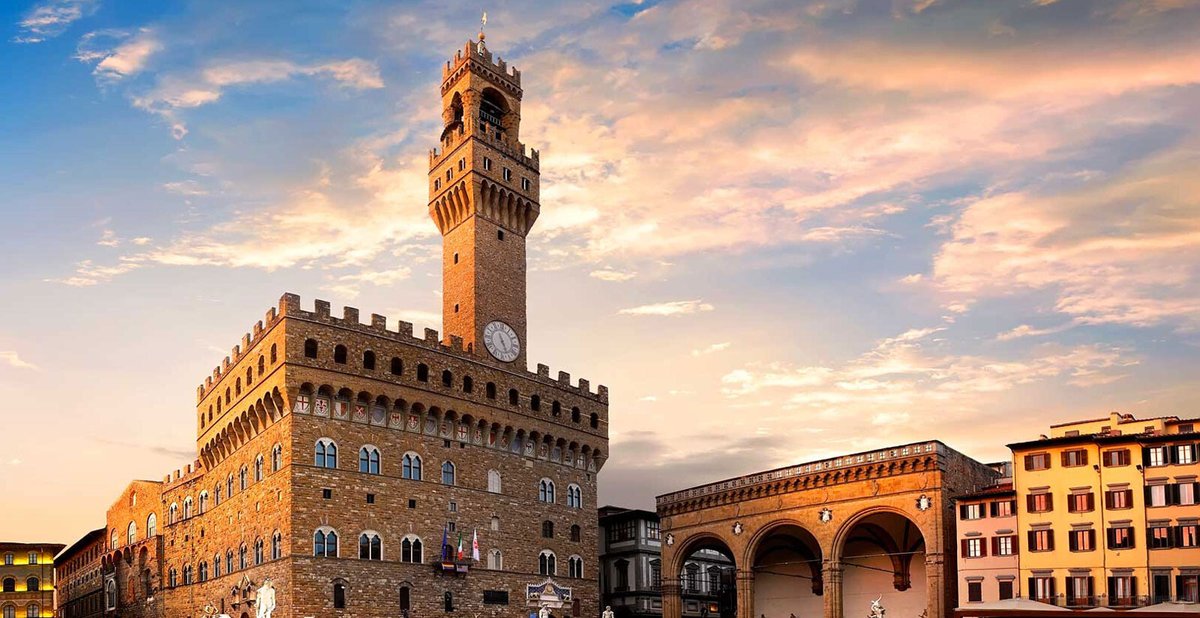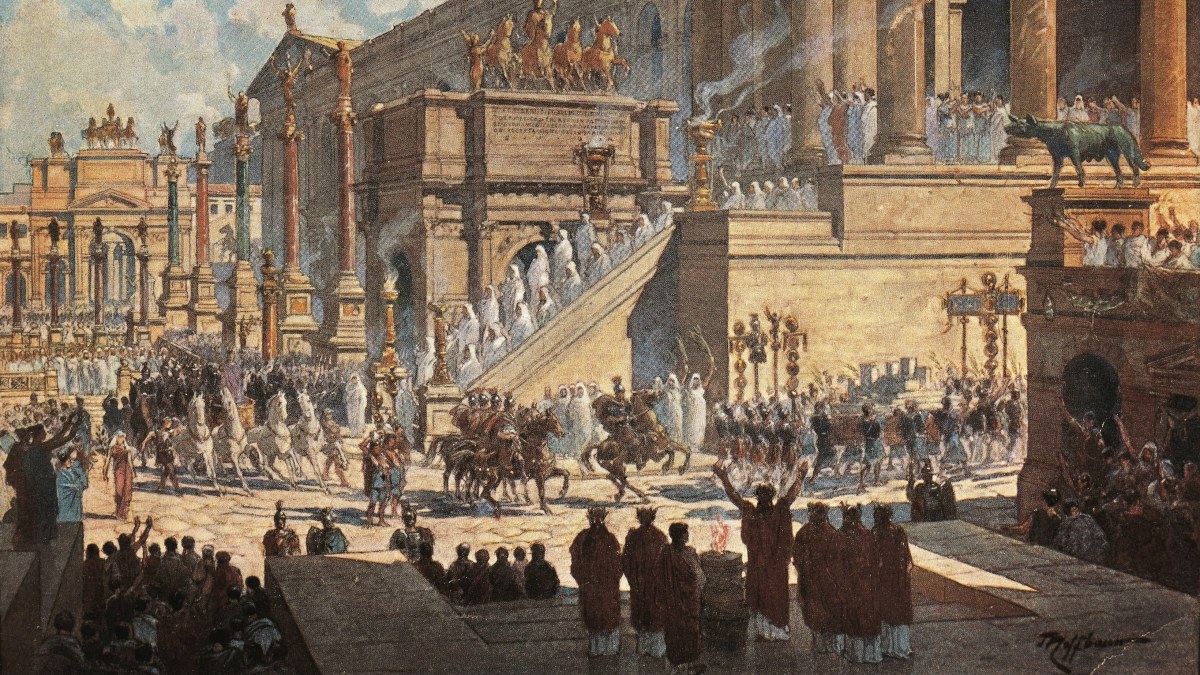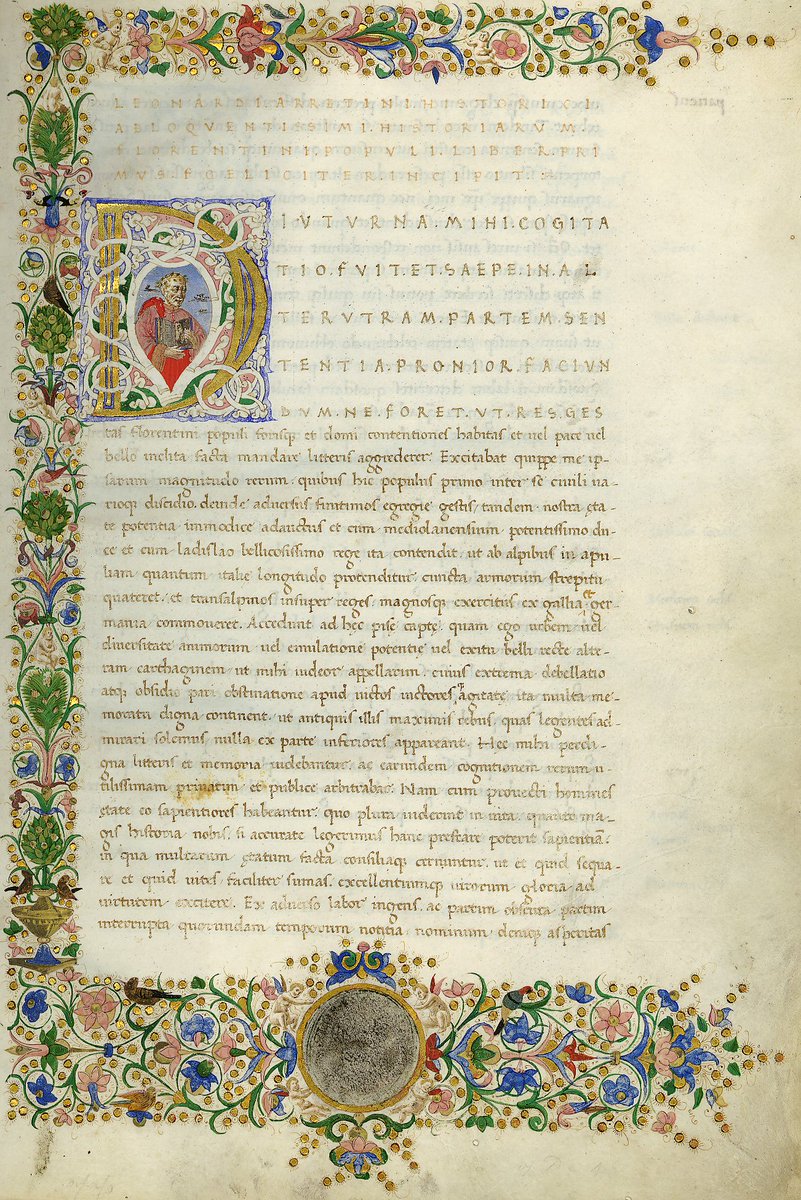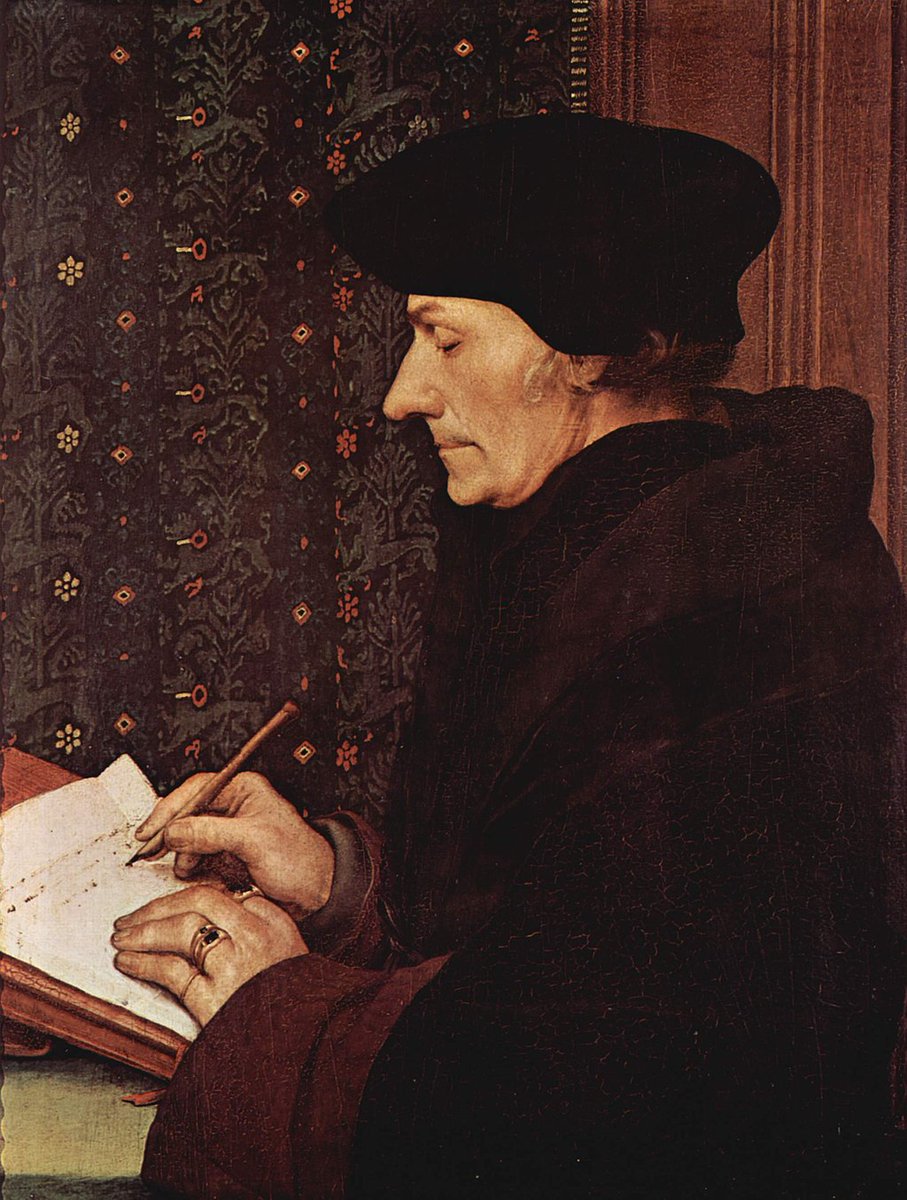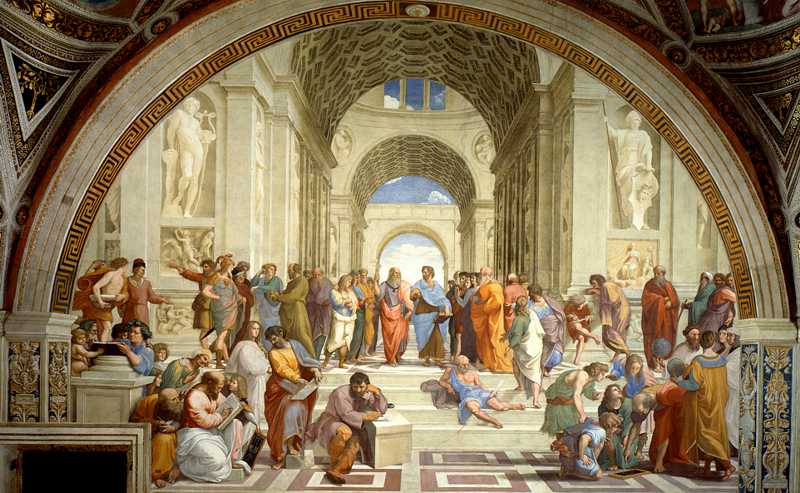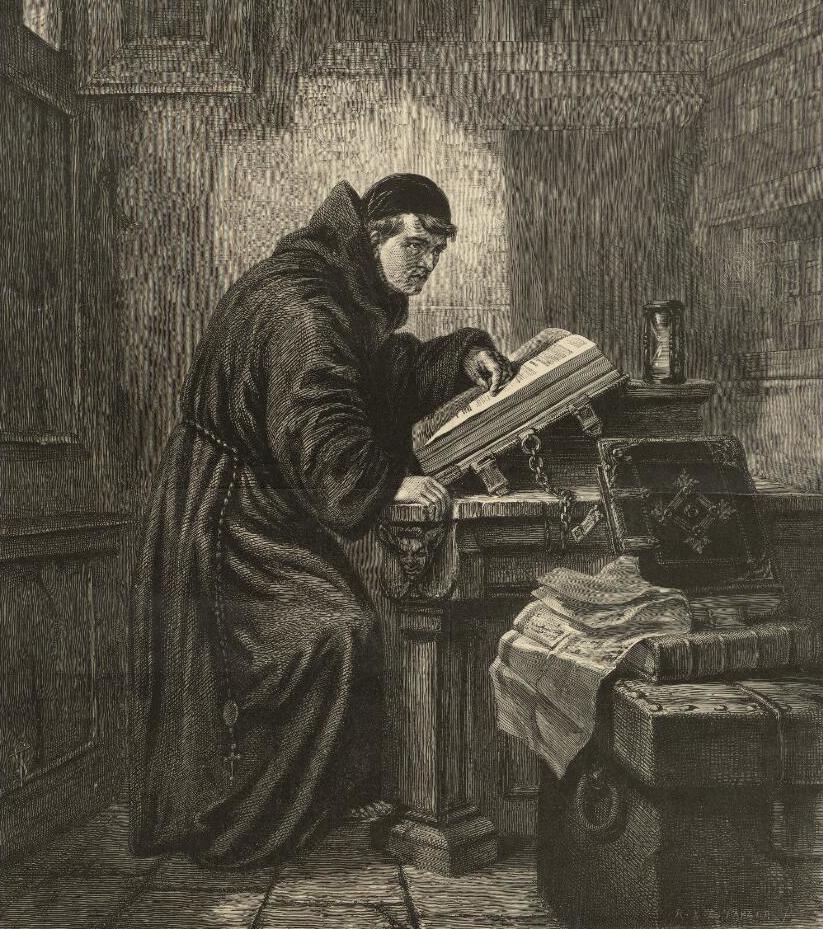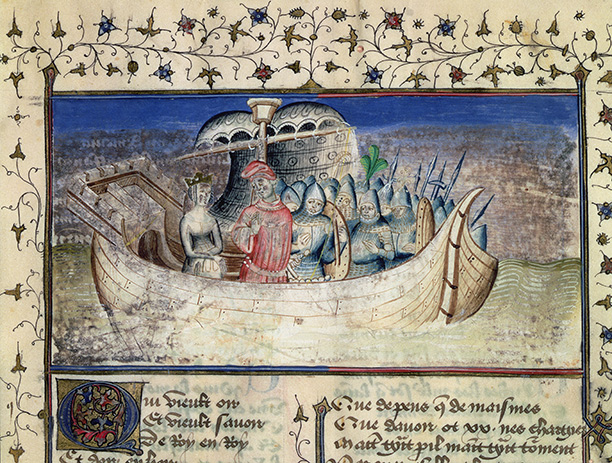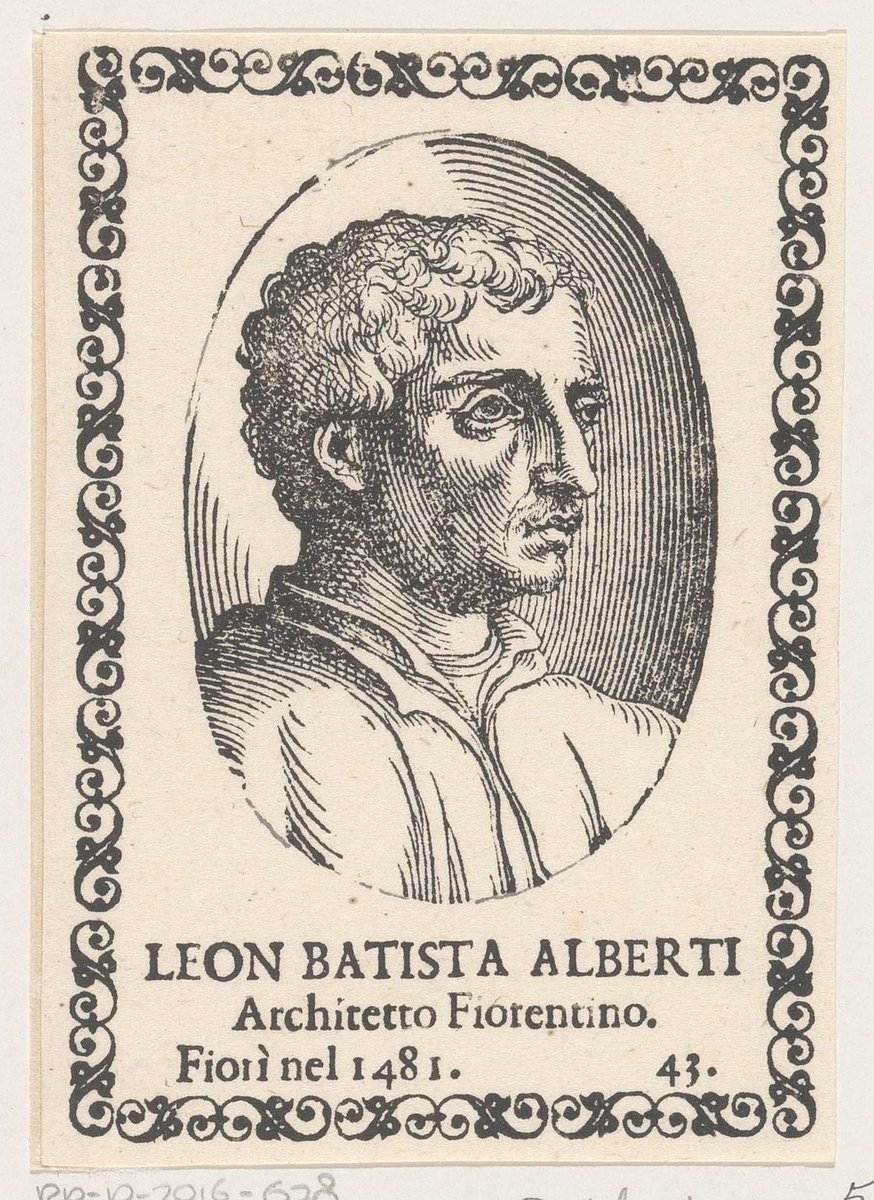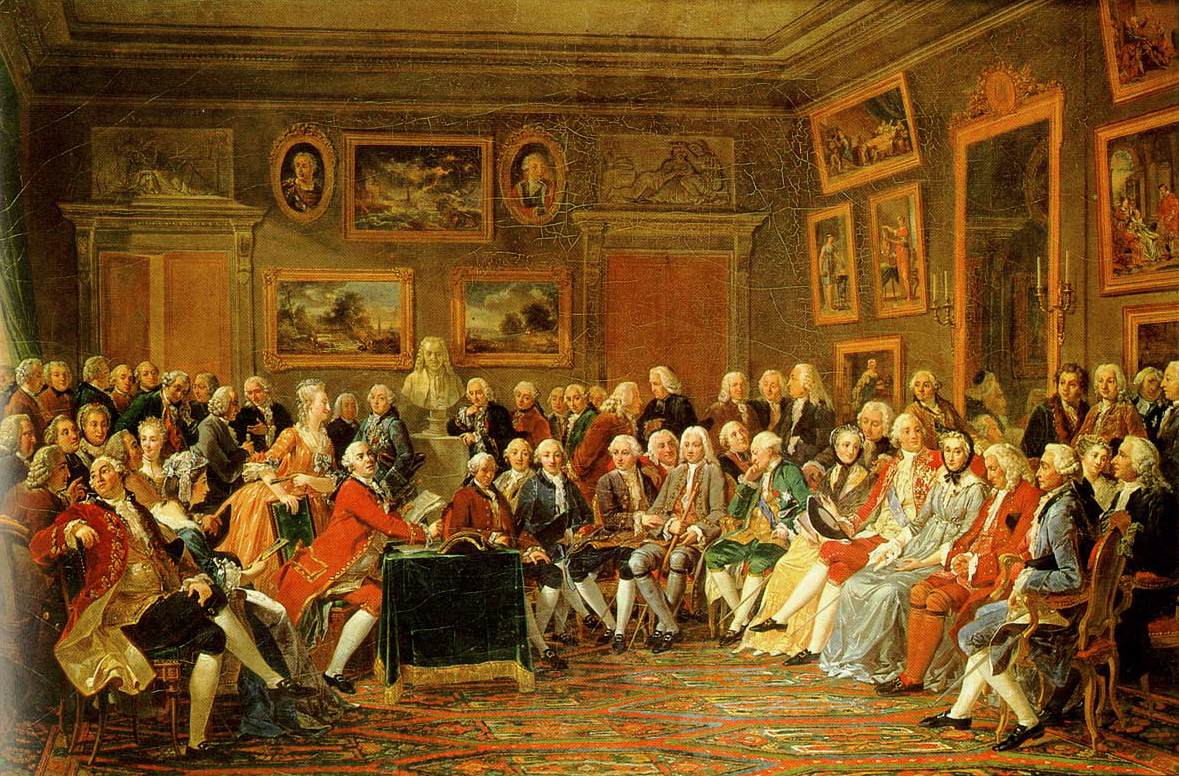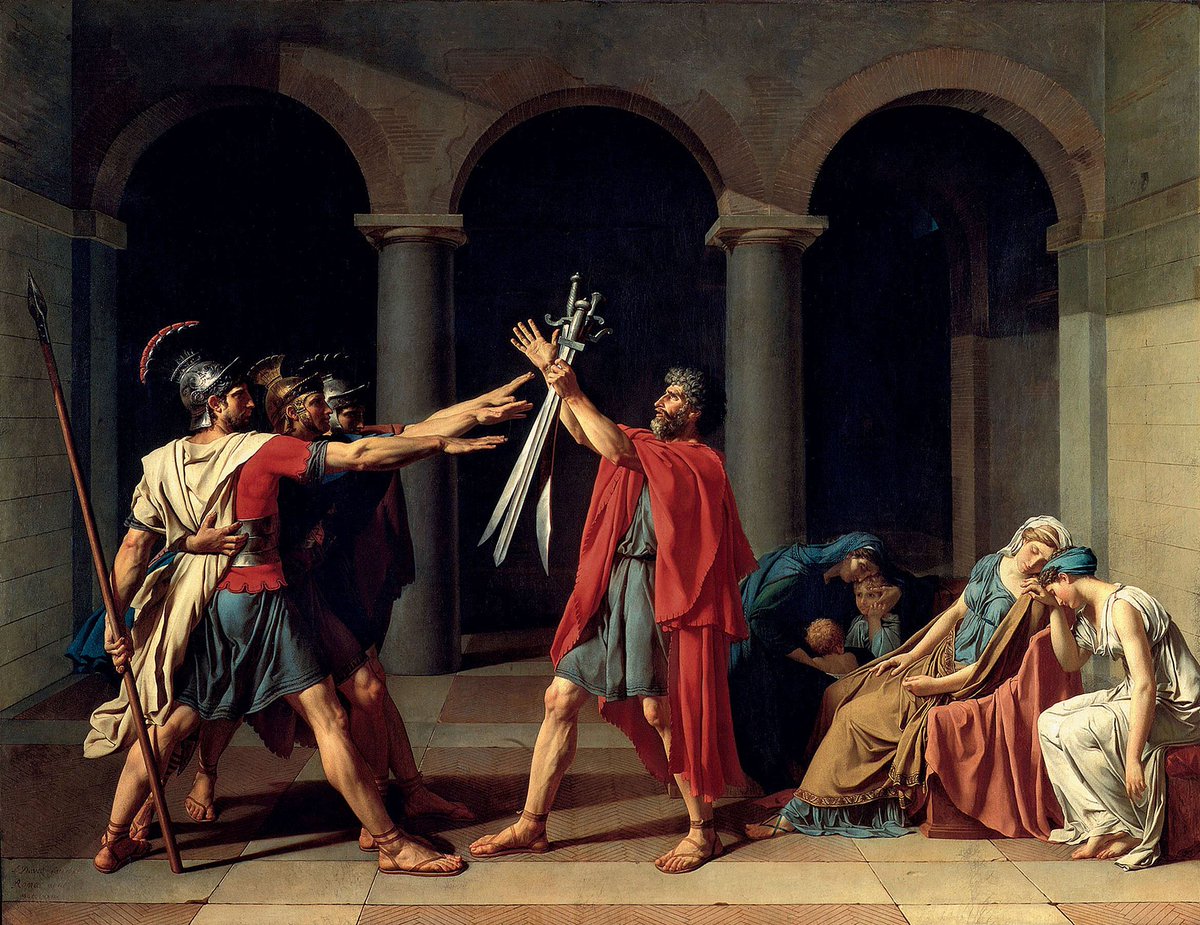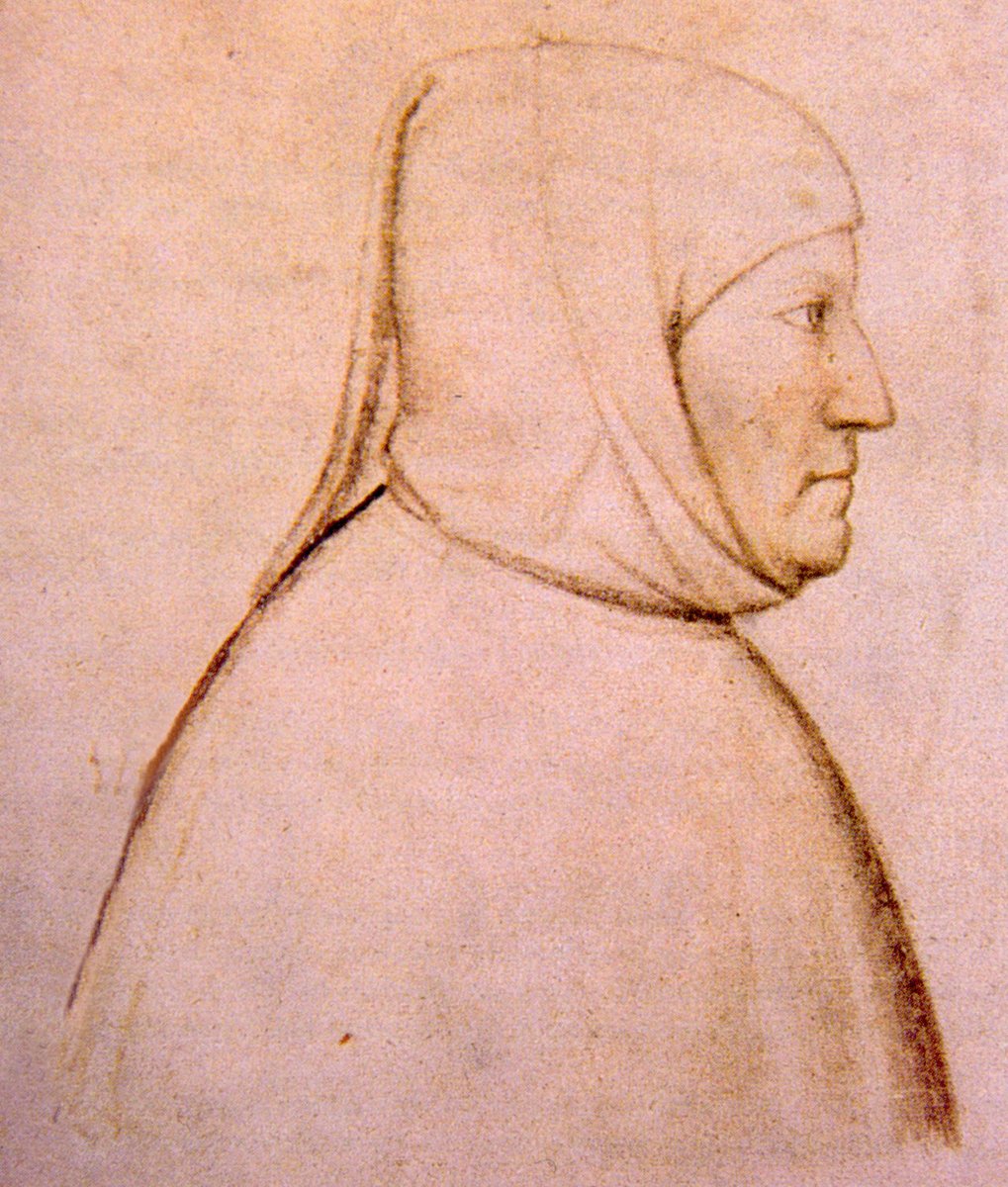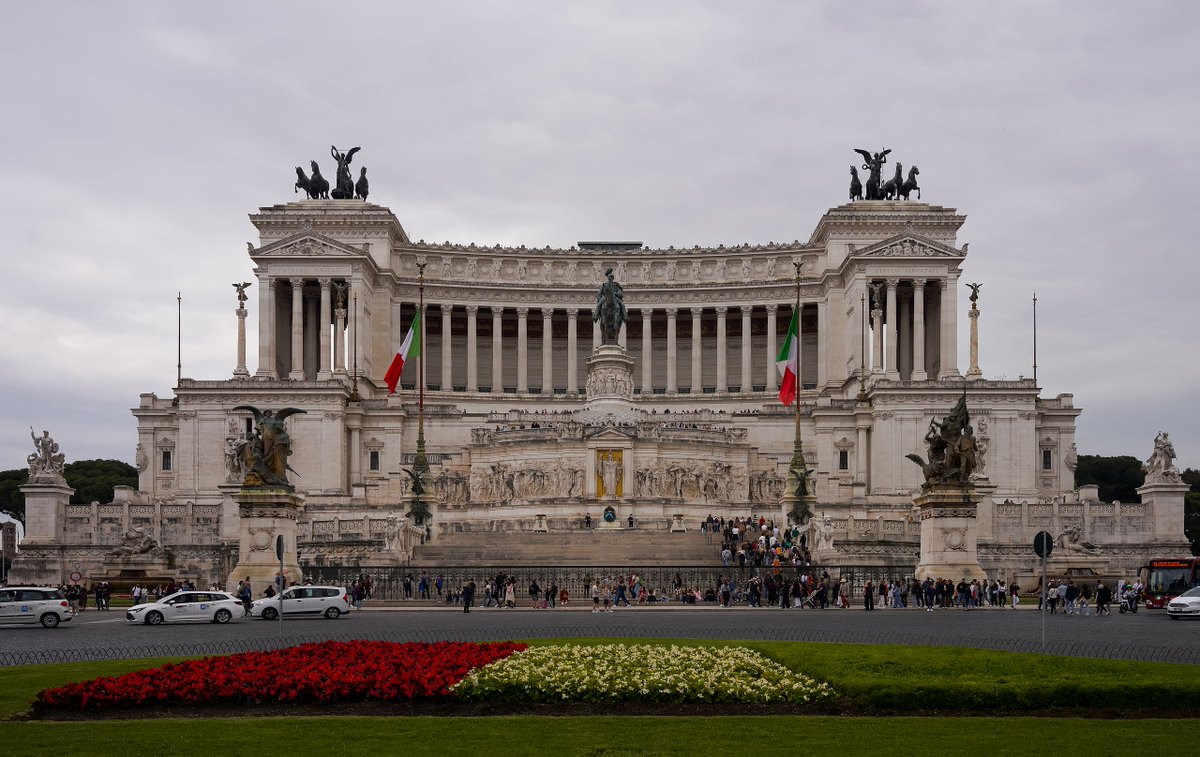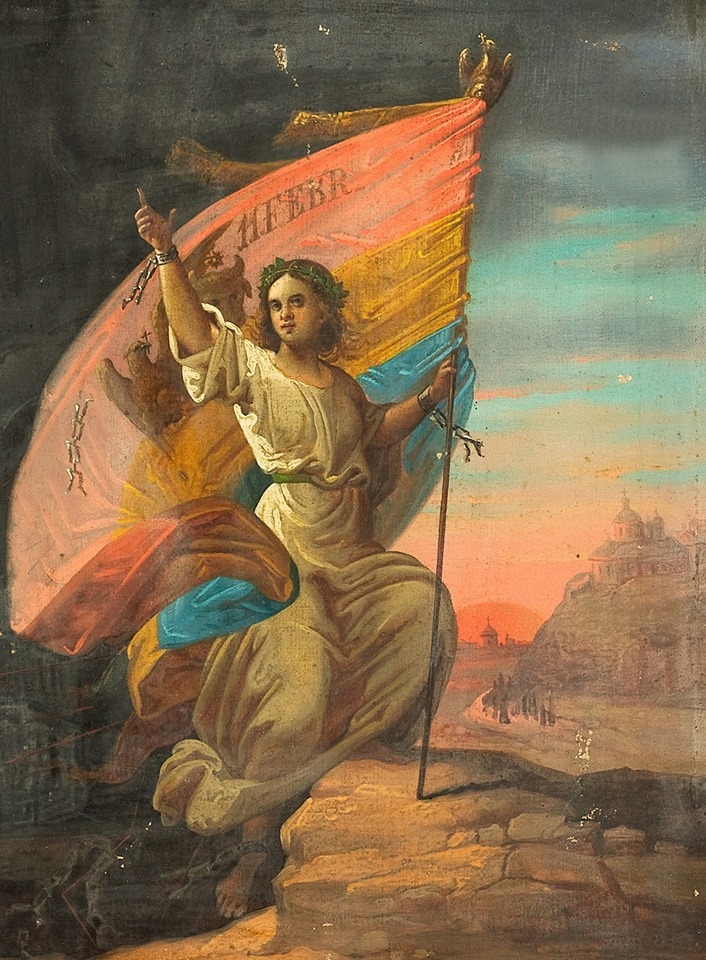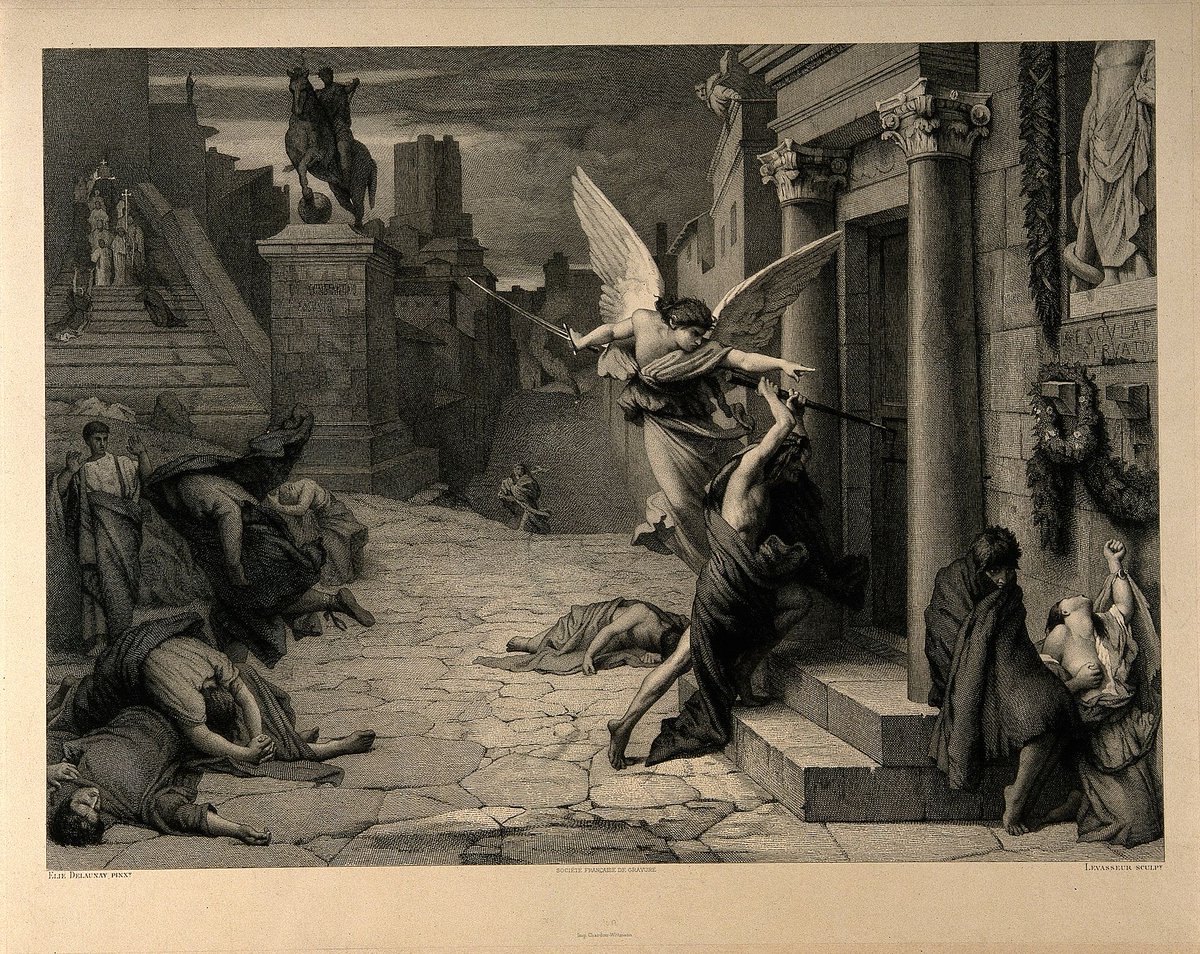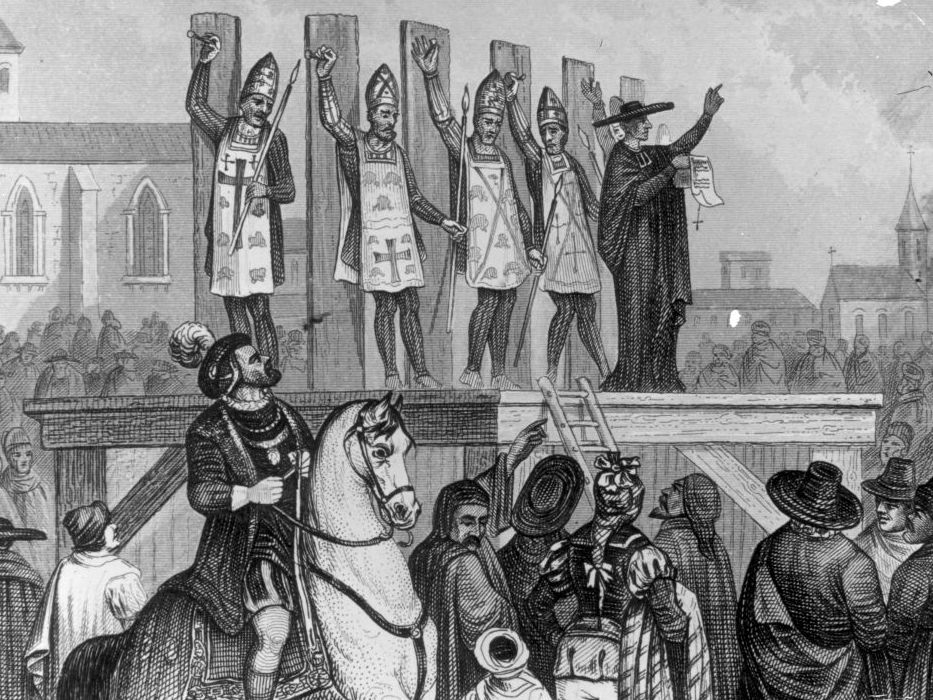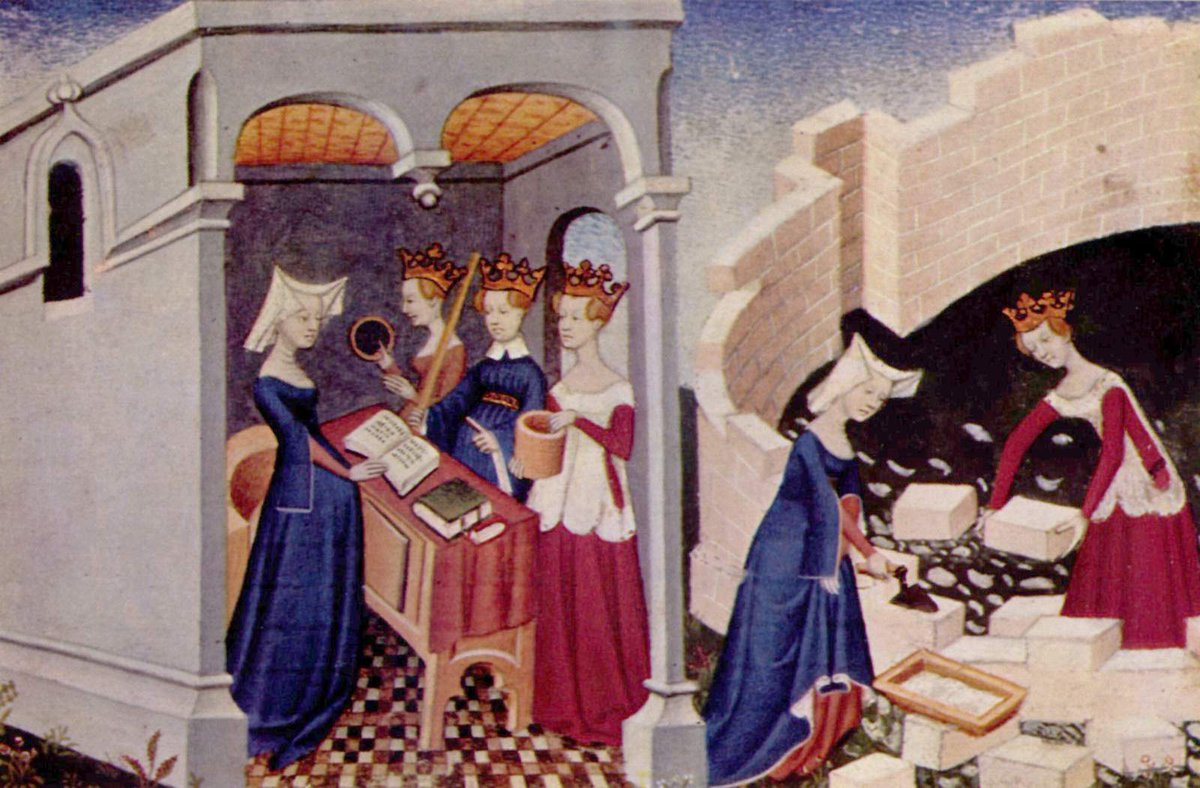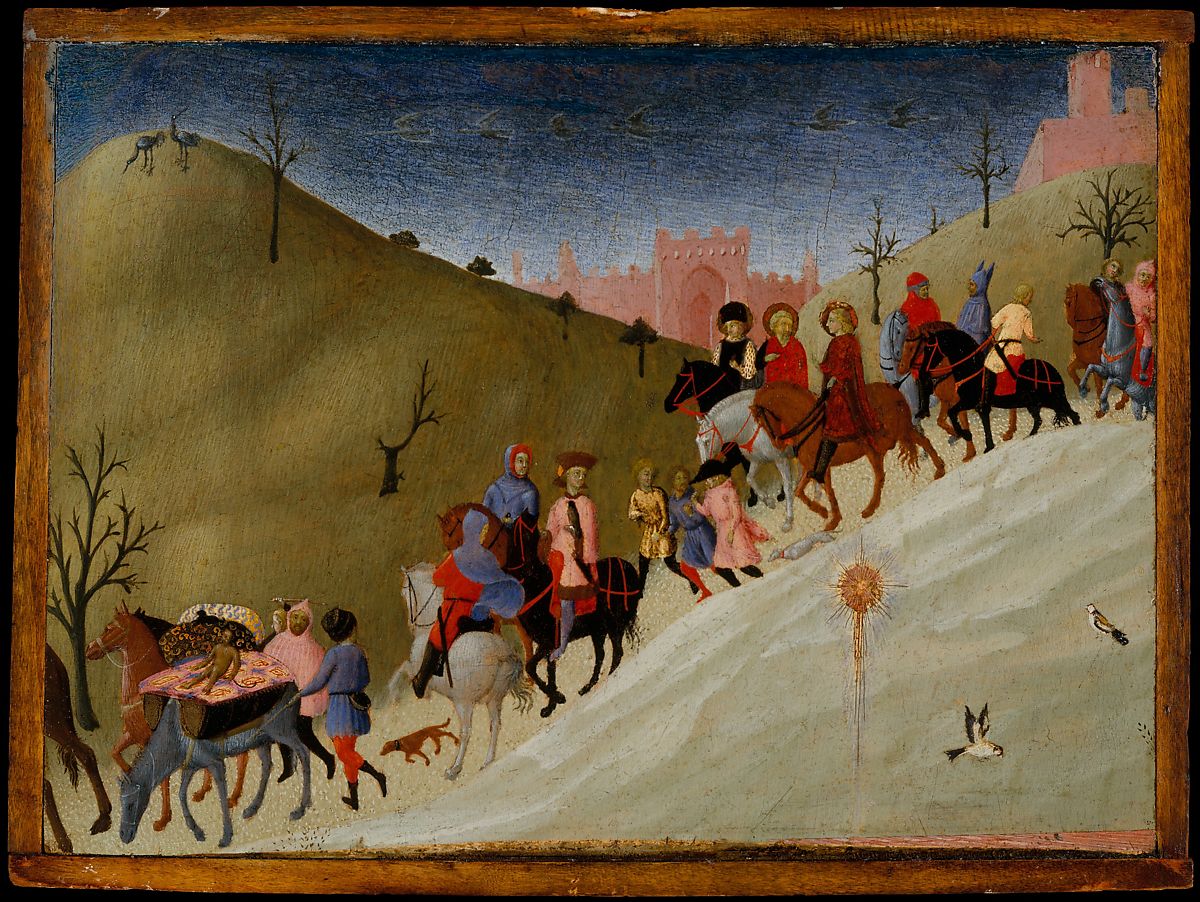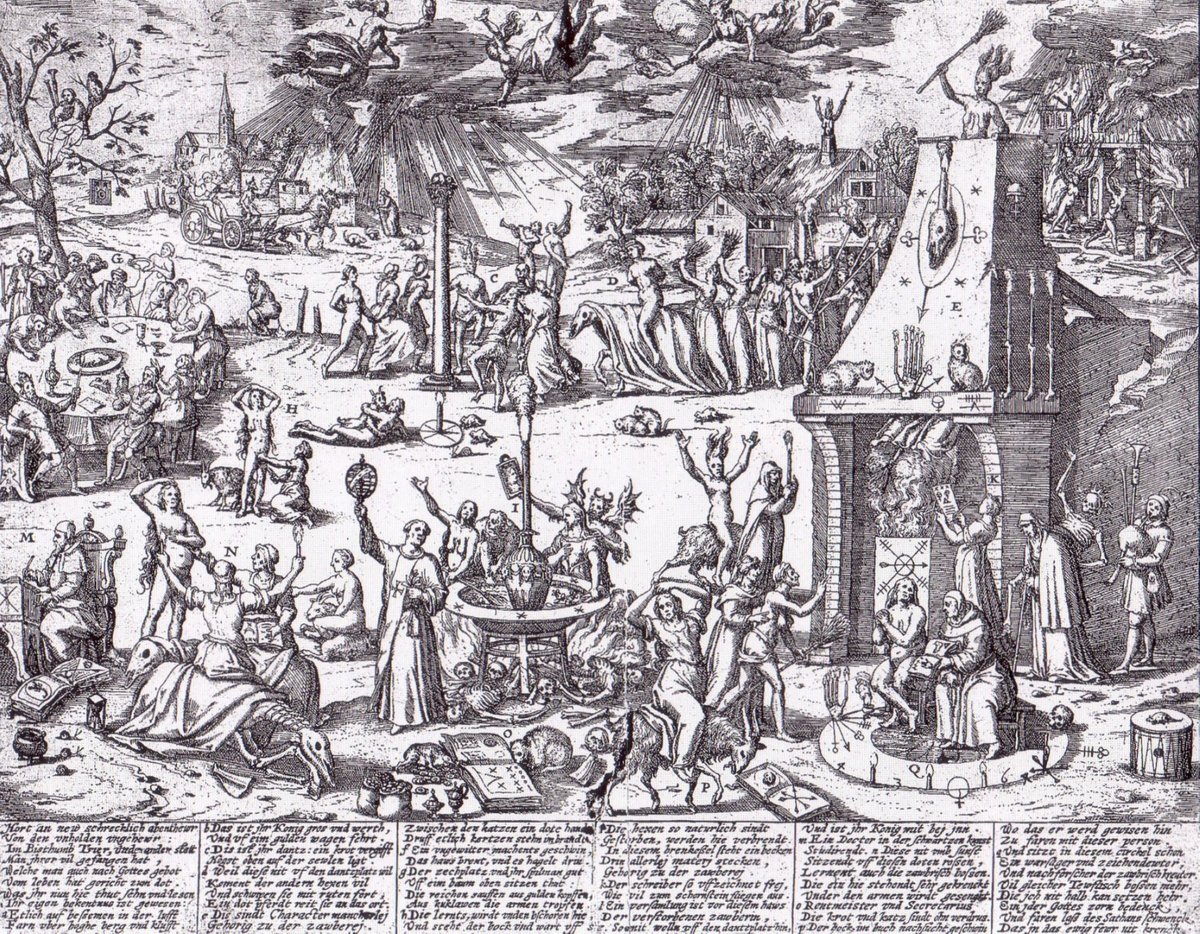Why are the middle ages so vilified and demonized?
It goes back to the origins of the tripartite division of history into ancient, medieval and new age.
I explain how the middle ages got this weird name and why they became unjustly demonized by modern people.
THREAD
It goes back to the origins of the tripartite division of history into ancient, medieval and new age.
I explain how the middle ages got this weird name and why they became unjustly demonized by modern people.
THREAD
In popular imagination, the middle ages are seen as a dark period between the glorious antiquity and the renaissance as its revival which started the modern era.
Such view has a long history and it ironically started in a period that is now considered part of the middle ages.
Such view has a long history and it ironically started in a period that is now considered part of the middle ages.
Petrarch who lived in 14th century was the first to describe it this way. He glorified the ancient Roman empire and saw the period that followed as a period of darkness. Reading Cicero, he envisioned that there will be a new age of revival inspired by antiquity.
The period in between antiquity and the coming revival was therefore a middle age, medium aevum.
Early in 15th century, Italian humanist Leonardo Bruni cemented such categorization in 1442 in his History of the Florentine People. Like Plutarch he glorified ancient Rome.
Early in 15th century, Italian humanist Leonardo Bruni cemented such categorization in 1442 in his History of the Florentine People. Like Plutarch he glorified ancient Rome.
Bruni described the period that followed ancient Rome as a period of darkness. This "medieval" period was then followed by a new age of revival. However he placed the start of this new age much earlier than modern historians do, coinciding with the rise of Republic of Florence.
With Bruni we see the original cynical political purpose of such periodization that is lost on modern people. Declaring yourself as bringing forward a new golden age was a way to give yourself special legitimacy. Bruni wrote for the interests of Florentine Republic.
Associating the period when Florence started its rise with the coming of a new golden age of similar glory as ancient Rome was a way to gain prestige. In the future, modern ideologies would copy this style of discourse and portray themselves as reviving "golden ages".
But the popularity of classical age and hatred of the medieval was not just political. A lot of this sentiment was originally linguistic and cultural. Renaissance humanists wanted a revival of classical Latin and hated the medieval Latin that evolved over "dark" centuries.
This mentality was known by the catchphrase "ad fontes", meaning "to the origins". They saw ancient Rome as glorious origins of their culture. In this spirit they created New Latin in the 16th century which was trying to copy the classical Latin and removed the medieval forms.
The mentality of these humanists who created the concept of the "new age" and renaissance was thus not "progressive" but in fact the opposite. It was fundamentalist in the true meaning of the word. They wanted to go back to what they perceived as fundamentals of civilization.
This is why "ad fontes" mindset also gave birth to religious fundamentalism. In similar way the Protestants declared they were going back to the origins in the Bible and glorified the early Christianity of antiquity over what they saw as corrupted medieval Christianity.
The three-period division of history replaced the old Catholic linear perception of history where history was constantly progressing according to God& #39;s plan and therefore there couldn& #39;t really be a "golden age" or a "dark age" in such form as the humanists described.
The tripartite periodization therefore became a foundation of a new secularized way of writing history. And because of this, it also became appropriated by all the secular modern ideologies in next centuries which continued to vilify the middle ages, but for different reasons.
Each modern ideology of the "new era" tried to associate what it disliked with the medieval era. For example the enlightenment thinkers considered middle ages as the "Age of Faith" while they saw themselves as bringing forth a new "Age of Reason".
The enlightenment also largely praised antiquity and ancient Rome for their republican political traditions. They adopted the same simplistic explanation of history as humanists and Protestants before them where antiquity is a glorious inspiration and middle ages are bad.
It& #39;s important to understand that neither the Protestants nor the Enlightenment philosophers created the myth of the dark middle ages. It was already there since renaissance humanists, they just tried to associate whatever they disliked with this already hated period.
Neoclassicism was built on the same ad fontes mindset of imitation. It was an almost cartoonish glorification of ancient Greece and Rome. This inevitably created a sense that something was lost in the middle ages and recovering what was lost became a civilizational mission.
All of these ideologies hated the middle ages and attributed different negative things to middle ages, which is why these myths about middle ages are often contradictory to each other. But they all come from the perspective of a new age overcoming the previous one.
What the attacks on medieval history often have in common is that they unfairly single out the middle ages for things that were also common in either antiquity and renaissance, or both. But of course the latter are seen as prestigious "golden ages" and the middle ages are not.
You even see events more common to renaissance era being associated with middle ages like inquisition and witch burning. Or religious fanaticism which was much more characteristic of early modern era of Protestant reformation and Catholic reaction to it than to middle ages.
Or for example middle ages being attacked for the status of women when in medieval Europe women had much more rights than in ancient Rome or ancient Greece, and during middle ages there were many powerful women rulers, wealthy noblewomen and influential religious women.
Then there is the image of Catholic Church in the middle ages being particularly repressive when in reality the medieval Church was actually more "liberal" than both the early Church in antiquity and post-Tridentine Council (1545-63) Church in renaissance and later.
Furthermore even if the Church wanted it could not have enforced some totalitarian dogmatic repression in the middle ages where the decentralized Europe was still largely influenced by old pagan believes and traditions and had not entirely absorbed all the Catholic teachings.
The repressive dogmatic image of the Church is largely based on the early modern era where there was religious competition in Protestantism as both sides wanted to prove they& #39;re more Christian than the other. Furthermore it coincided with increased state power and centralization.

 Read on Twitter
Read on Twitter